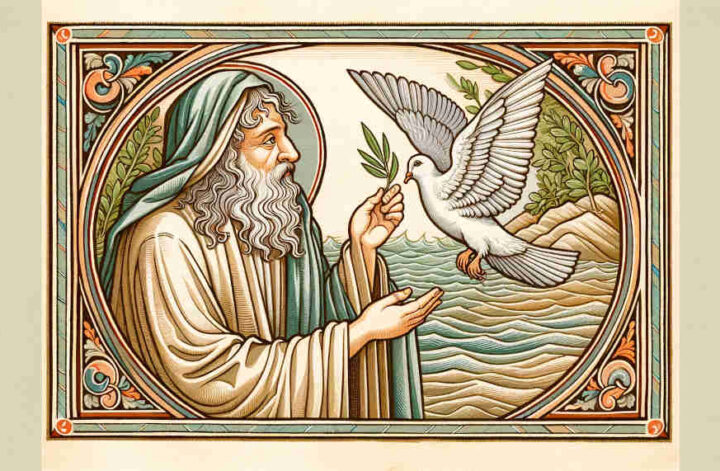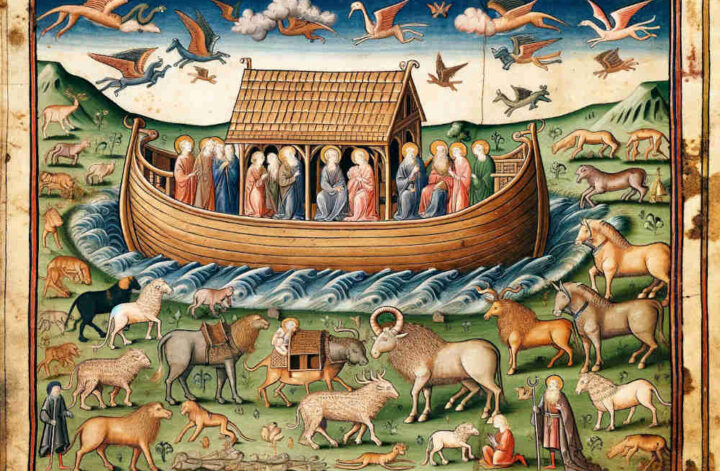Email from a reader: “Dear Rabbi Joshua, Apart from the seven Noahide laws, are there other mitzvot in Judaism that are applicable to Noahides? I am curious to know how far their religious obligations extend. Best regards, Michael Anderson”
Dear Michael,
Your question delves into the intriguing area of how Noahidism intersects with the broader spectrum of Jewish law and ethics. Let’s explore the mitzvot (commandments) applicable to Noahides beyond the basic seven laws.
Framework of the Noahide Laws:
The Seven Noahide Laws provide the foundational ethical and moral framework for non-Jews according to Jewish tradition. These laws, considered a universal moral code, include prohibitions against idolatry, blasphemy, murder, theft, sexual immorality, eating flesh from a living animal, and the commandment to establish courts of justice.
Additional Mitzvot for Noahides:
While the Noahide Laws are the primary obligations for non-Jews, there are additional mitzvot that Noahides may choose to observe. These are not required, but their observance can be seen as meritorious and contributing to spiritual growth. Some of these include:
- Charity and Acts of Kindness: Acts of charity and kindness are universally recognized as virtuous. Engaging in tzedakah (charity) and gemilut chasadim (acts of loving-kindness) aligns with the ethical spirit of the Noahide laws.
- Prayer and Personal Relationship with God: While specific prayer rituals are part of Jewish observance, Noahides are encouraged to develop their personal relationship with God through prayer and contemplation.
- Respect for Creation and Environment: Respect for the natural world and responsible stewardship of the environment can be seen as an extension of the Noahide commandment against cruelty to animals.
- Study of Torah and Spiritual Texts: While in-depth study of certain parts of the Torah is specific to Jews, Noahides are encouraged to learn sections of the Torah and other spiritual texts that relate to the Noahide Laws and universal ethical principles.
Limitations in Observance:
It’s important to note that certain mitzvot, particularly those specific to Jewish identity and practice (such as observing the Sabbath in the manner of Jews or keeping kosher), are not typically observed by Noahides. This distinction helps maintain the unique covenant between God and the Jewish people while allowing Noahides to honor their own relationship with God.
Michael, your interest in the broader application of mitzvot to Noahides reflects a commendable desire to deepen your understanding of spiritual and ethical practices. While the seven laws form the core of Noahide obligations, the additional practices can enhance one’s spiritual journey within the Noahide framework.
Warm regards,
Rabbi Joshua


